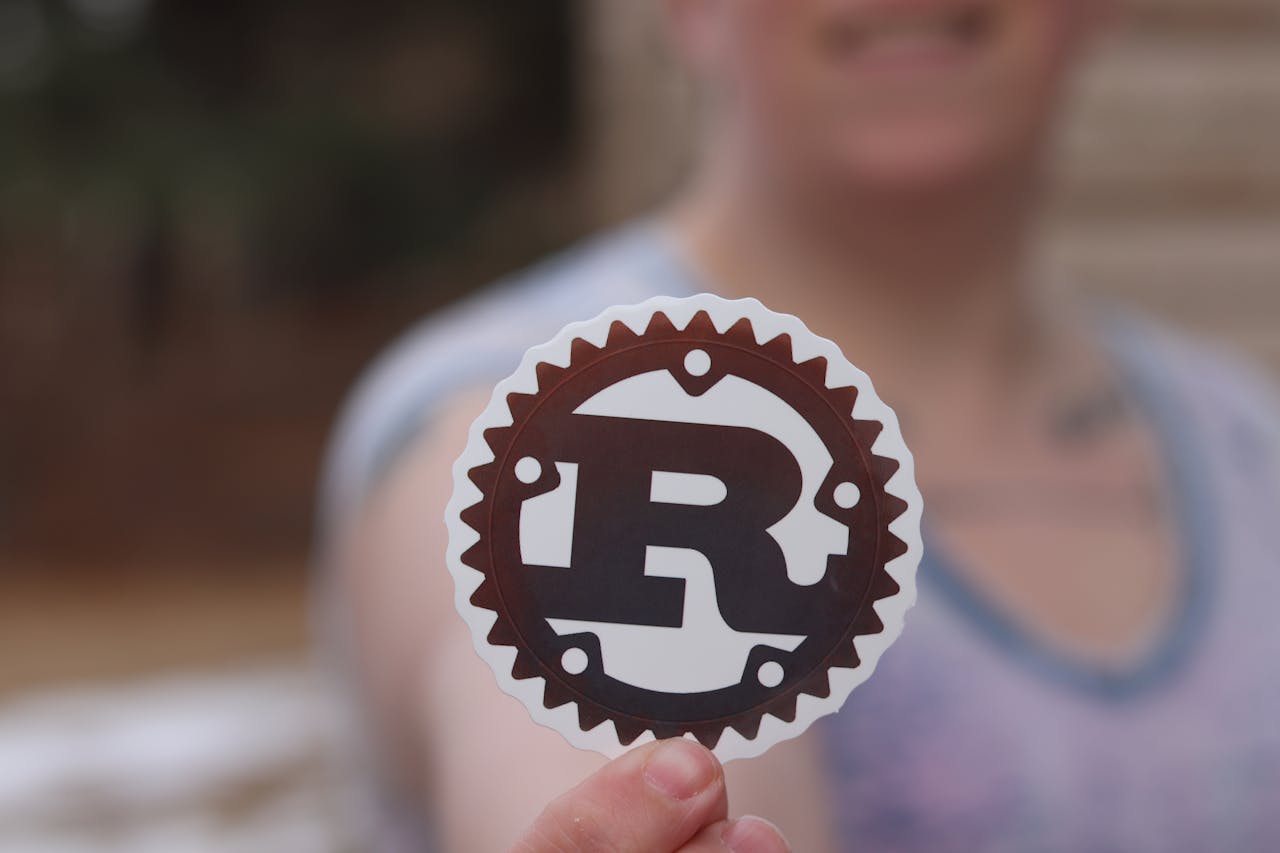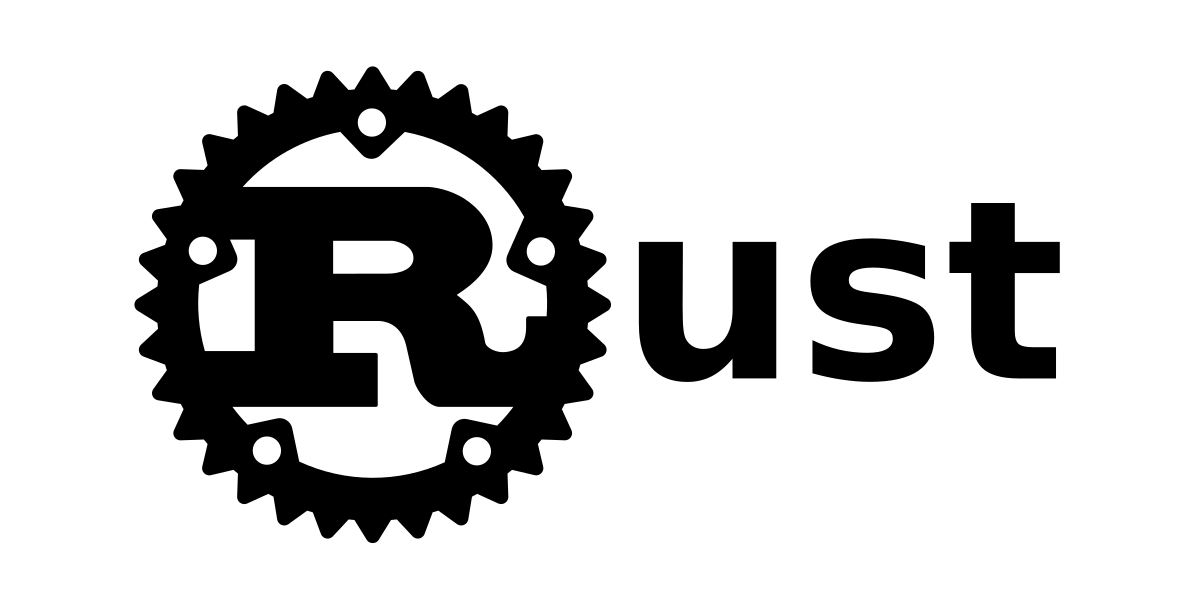Rust Frameworks: Find Your Perfect Match for Powerful Web Development
You’re a developer who values performance, security, and modern tooling. You know that writing clean, maintainable code is crucial, and you want the top framework to back your Rust projects.
But with so many fantastic options out there, choosing the right Rust web framework can feel overwhelming. Fear not! This guide breaks down popular frameworks, highlighting their strengths and helping you find the perfect match for your next big web project.
Why Choose Rust for Web Development?
Before diving into specific frameworks, let’s recap why Rust is a game-changer:
- Blazing Fast: Rust’s compiled nature and memory safety guarantees deliver exceptional performance – perfect for demanding web applications.
- Unbreakable Security: Built-in memory safety features eliminate common vulnerabilities like buffer overflows and dangling pointers, making your apps incredibly secure.
- Concise & Modern: Rust’s syntax is clean, expressive, and designed for maintainability.
Top Rust Frameworks to Explore:
1. Actix Web: A blazingly fast framework built for high-performance applications. Its asynchronous nature and intuitive API make it ideal for real-time applications, APIs, and microservices.
Strengths:
- Asynchronous Powerhouse: Built on Tokio’s asynchronous runtime, Actix Web excels at handling concurrent requests efficiently.
- Lightweight & Modular: Keep your app lean with Actix Web’s minimal footprint and focus on core functionality.
Link: actix
2. Rocket: A user-friendly framework known for its elegant design and easy-to-learn syntax. It’s perfect for beginners or developers who prioritize rapid development cycles.
Strengths:
- Developer Delight: Rocket shines with its clear documentation, simple API, and intuitive routing system.
- Built-in Features: Enjoy features like JSON serialization, request parsing, and templating out of the box.
Link: rocket
3. Axum: A relatively new framework gaining traction for its modern approach to web development. It leverages Rust’s powerful generics and asynchronous capabilities.
Strengths:
- Extensible & Modular: Build your app with exactly the features you need using Axum’s composable components.
- Type-Safety First: Axum emphasizes type safety, leading to more robust and maintainable code.
Link: axum
4. Warp: A high-performance framework focused on building fast and scalable web servers. It’s ideal for projects requiring maximum performance and low latency.
Strengths:
- Performance Optimized: Warp prioritizes speed and efficiency with minimal abstractions.
- Flexible & Adaptable: Warp’s minimalist design allows you to tailor your server architecture to specific needs.
Link: warp
| Feature | Actix Web | Rocket | Axum | Warp |
|---|---|---|---|---|
| Asynchronous | ✅ High performance with Tokio runtime | 🔴 Limited async support | ✅ Strong async foundation | ✅ Optimized for speed and concurrency |
| Templating Engines | 🟢 Integrations available (e.g., handlebars) | ✅ Built-in templating system | 🟢 Support for various templating libraries | ❌ Minimal built-in templating |
| Database Integration | 🟢 Easy to integrate with popular databases via adapters | ✅ Seamless database integration options | ✅ Database adapters available | 🟢 Database integrations possible through extensions |
| Middleware & Plugins | ✅ Extensible architecture with middleware support | ✅ Built-in middleware system for customization | ✅ Composable design allows for modular plugins | ❌ Minimal built-in plugin support |
| Testing Support | ✅ Good testing integration, including mocking capabilities | ✅ Strong test suite and support for common testing tools | ✅ Type safety promotes thorough testing | 🟢 Basic testing tools available |
Benchmark Performance (Example Scenario: Simple REST API)
- Note: Benchmarks can vary depending on hardware and configuration. These are general observations.
| Framework | Average Latency (ms) | Throughput (reqs/sec) | Memory Usage (MB) |
|---|---|---|---|
| Actix Web | 1-2 | ~5,000 | ~30 |
| Rocket | 3-5 | ~3,000 | ~40 |
| Axum | 2-3 | ~4,500 | ~25 |
| Warp | 0.5-1 | ~6,000 | ~15 |
Choosing the Right Framework:
Consider these factors when making your decision:
- Project Requirements: What kind of web application are you building? Real-time, API-driven, or traditional website?
- Experience Level: Are you a seasoned Rust developer or just starting out? Some frameworks are more beginner-friendly than others.
- Community Support: A thriving community means readily available help, documentation, and resources.
Key Takeaways:
- Actix Web: Excellent for high-performance, concurrent applications with its Tokio runtime.
- Rocket: User-friendly and fast with built-in features for templating and database integration.
- Axum: A modern framework focused on asynchronous programming and a minimalist design.
- Warp: Prioritizes performance and minimal abstractions, ideal for building lightweight APIs.





Post Comment